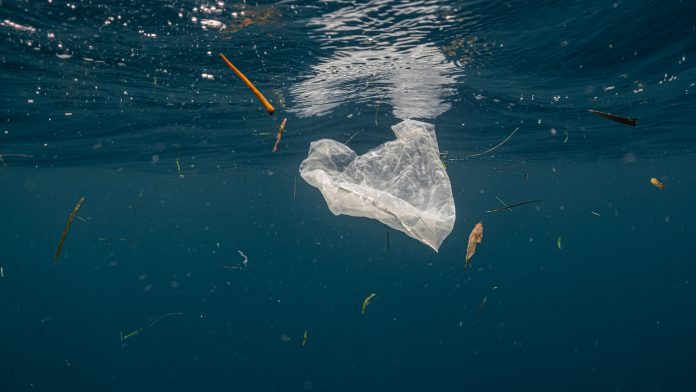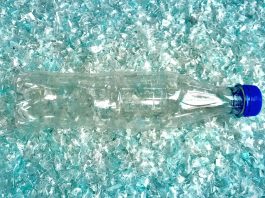New study analyses the efficacy of plastic removal strategies and suggests that by 2150 only 5% of ocean plastics will be removed.
Researchers at the University of Exeter, Leibniz Centre for Tropical Marine Research, the Leibniz Institute for Zoo and Wildlife Research, Jacobs University, and Making Oceans Plastic Free have conducted a study on the success of plastic removal strategies.
The authors estimate that the amount of plastic reaching the ocean will peak in 2029, and surface plastic will hit more than 860,000 metric tonnes more than double the current estimated 399,000 by 2052. “The important message of this paper is that we can’t keep polluting the oceans and hoping that technology will tidy up the mess,” said Dr Jesse F Abrams, of the Global Systems Institute and the Institute for Data Science and Artificial Intelligence, both at the University of Exeter.
A myriad of private plastic collection initiatives have gained widespread attention, one of which, Ocean Cleanup, aims to clear the ‘Pacific garbage patch’ using 600m floating barriers to collect plastic for recycling or incineration. The new study analyses the impact of deploying 200 such devices running without downtime for 130 years (between 2020 and 2150).
The results
In the model used by the research consortium, global floating plastic debris would be reduced by 44,900 metric tonnes just over 5% of the estimated global total by the end of that period. “The projected impact of both single and multiple clean-up devices is very modest compared to the amount of plastic that is constantly entering the ocean,” said Dr Sönke Hohn, of Leibniz Centre for Tropical Marine Research.
Given the difficulty of recycling and the negative impacts of burying or burning plastic, the study says reducing disposal and increasing recycling rates are essential to tackle ocean pollution. Dr Roger Spranz, an author of the study and co-founder of non-profit organisation Making Oceans Plastic Free, said: “We have developed expertise in changing behaviour to break plastic habits and stop plastic pollution at its source. We are registered in Germany but the focus of our activities and collaborations is in Indonesia, the second-largest source of marine plastic pollution.
“Working with local partners, the implementation of our Tasini campaign in Indonesia has, to date, helped to prevent an estimated 20 million plastic bags and 50,000 plastic bottles from ending up in coastal areas and the ocean.”










Can you please provide a link to the study itself? Thank you.
Dear Mark,
The research paper for this study was published in Science of The Total Environment, Volume 746. You can access this paper for free, here.
Warm regards,
Caitlin Magee
Digital Editor
Innovation News Network